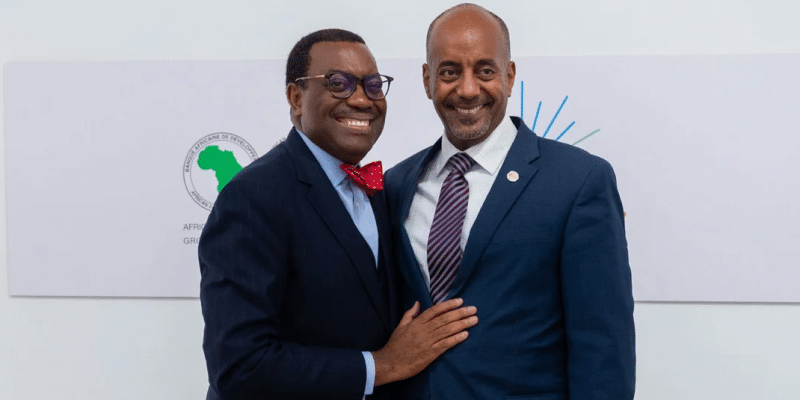With a $15 million grant to the Trade and Development Bank of Eastern and Southern Africa (TDB), the African Development Bank (AfDB) aims to stimulate clean technologies to challenge the obstacles to sustainable development.
With pollution and natural disasters on the rise across Africa, the time has come for concrete solutions. For the African Development Bank (AfDB), one of the most effective approaches is the promotion of clean technologies, i.e. technologies that do not pollute, but rather help to reduce the environmental impact of activities.
Through its Clean Technology Fund (CTF), the AfDB identifies and supports all initiatives in this field. To this end, the financial institution based in Abidjan, Côte d’Ivoire, has injected $15 million into the capital of the Mauritius-based Trade and Development Bank of Eastern and Southern Africa (TDB). It launched its Green+ Class C shares (a mechanism to attract institutional investors) in 2022, at the 27th Conference of the Parties on Climate (COP27) in Egypt.
The aim is to “stimulate investment in clean technologies on the continent, in particular for the large-scale development of low-carbon solutions that offer significant potential for reducing greenhouse gas emissions over the long term”, says the AfDB. The $15 million will therefore be used to design and transfer digital tools and Internet of Things (IoT) to 25 countries vulnerable to climate change.
Technological solutions for sustainable development
These include applications to reduce energy consumption in public buildings, remote management of road traffic in the face of uncontrolled traffic jams, intelligent waste sorting in response to the proliferation of illegal dumps and rising odors in several African cities, and agricultural monitoring in a context of devastating floods and droughts.
Read also-
Other institutions supporting TDB in its technological transition project include the Japan Bank for International Cooperation (JBIC), the French Development Agency (AFD), the United States Agency for International Development (USAID), the Netherlands Development Finance Corporation (FMO) and Kreditanstalt für Wiederaufbau (KfW), the German development agency. But the main ally is the AfDB, with an injection of $15 million. At the same time, the pan-African group is collaborating with the Korean government through the Korea Institute of Environment and Technology (KEITTI) to strengthen the expertise of its member states in digital solutions.
Benoit-Ivan Wansi






